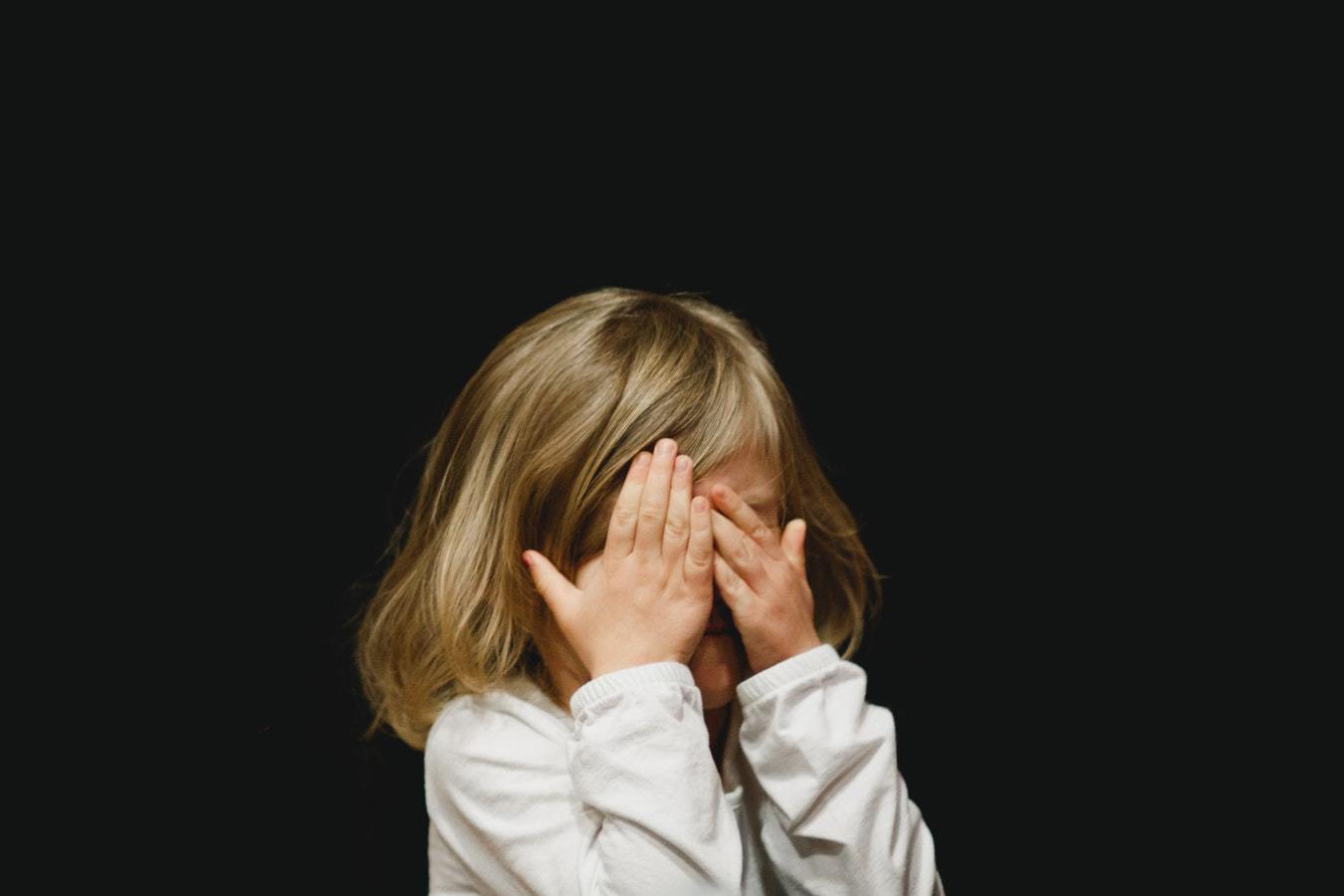Somehow I have been incredibly lucky and so far and neither of my kids have had head lice yet, despite getting letters home from school that there have been outbreaks in the class! I know it’s only a matter of time though and it’s best to be prepared! So here is the lowdown on lice, or ‘nits’ as they were called when I was younger – but actually the nits are the eggs and the lice are the actual creatures.

What are Head Lice?
Lice are tiny insects that are found on the scalp and hair, who feed on blood by biting the scalp. They’re so small that you can’t feel the biting, but the lice create a substance to stop the bit-mark from clotting and this causes itching and even allergic reactions. Away from the scalp and a host to feed them blood these head lice will die in around 2 days.
How Do I Know My Child has Lice?
Apart from spotting a living louse there are a few other symptoms of lice:
- Itchy scalp or neck or behind the ears
- small white eggs visible
- Tiny bumps on the scalp
- Swollen lymph nodes due to infected bites
Why traditional treatments don’t work that well
There are all sorts of old wives tales about what treats head lice, some a bit more bizarre than others. Mayonnaise is one I hadn’t heard of, but vinegar and conditioner being combed through are things that people did when I was younger. There are also many types of over the counter options too. But these types of treatments might kill the lice, it won’t kill the eggs which will remain for between 6 and 9 days before hatching. Also lice can last up to 6 hours without air- meaning you’d have to sit with whatever you’re using on your head for over that time to be really effective!
Also lice have become immune to anticholinesterase which is the main ingredient in most lice-treatments. Some treatments use a silicone substance to coat the hair, which means the lice are easier to comb out but doesn’t kill them. ‘Super Lice‘ are really starting to become immune to all the popular methods of attempting to get rid of them! Plus who wants to be putting harmful chemicals directly onto their child’s head? Not me.
What’s the best way to treat lice?
Combing them out and removing the eggs as well as the lice works well, especially a metal toothed comb as the teeth won’t bend or break to create gaps. The RobiComb is a lice-comb that has a small electric current – enough to kill head lice but not harm your child, plus there is a rubber guard to protect their scalp. It can also be used on every member of the family, over and over again, with no need for chemical treatments that are pricey and ineffective!
I’m sorry if reading this has made you itch, but lice are pretty much part and parcel of childhood so if you’ve got kids and not experienced them yet it’s only a matter of time! Hopefully now you’ve got a bit more information about how them and more importantly how to get rid of them!






